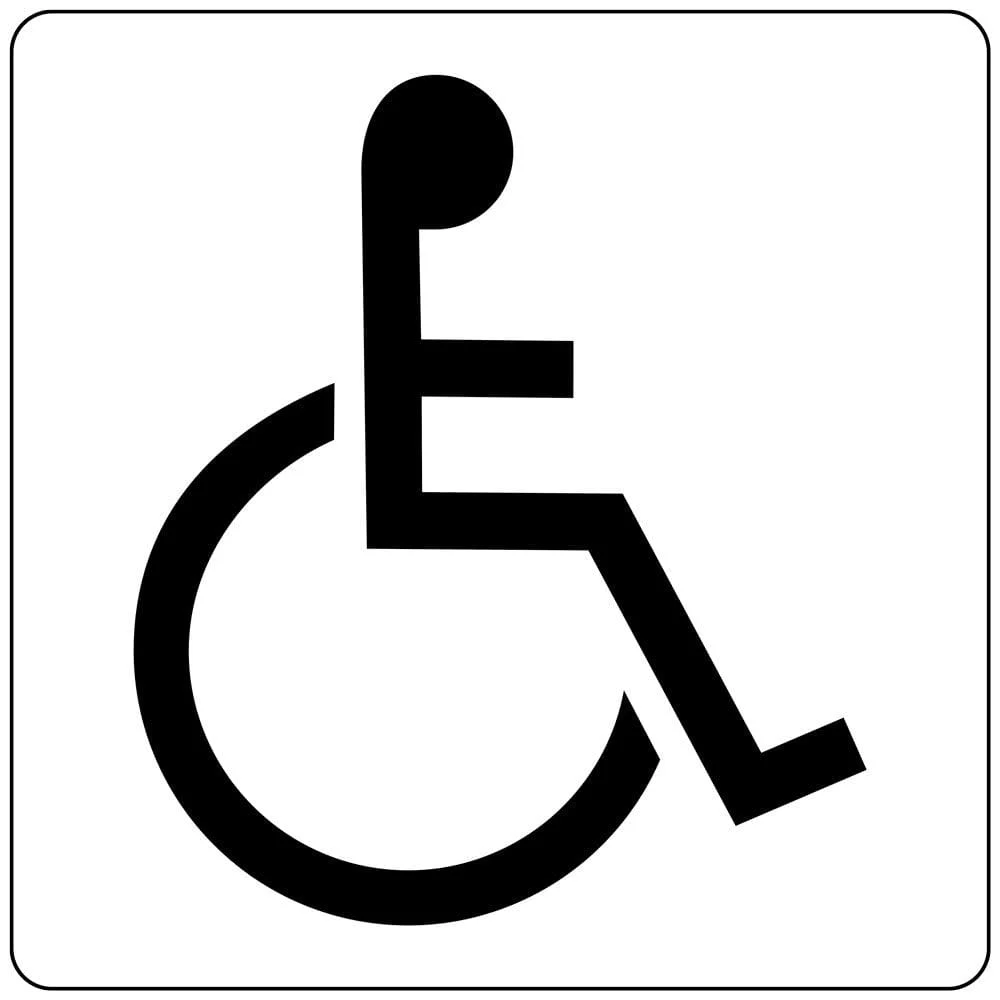
Contributed by Joy Victory, managing editor, Healthy Hearing
Last updated April 29, 2020
Many drugs cause side effects, including hearing loss or tinnitus (ringing in the ears). In fact, there are currently more than 200 medications linked to hearing loss and balance disorders, according to the American Speech-Language-Hearing Association (ASHA).
Medically, this is known as ototoxicity. ("Oto" means ear and "toxic" means harmful.)
The severity of the hearing loss and tinnitus can vary widely, depending on the drug, the dosage, and how long you take it. In general, the risk for ototoxicity increases as the drug accumulates in your body. The hearing loss may be temporary or permanent.
Below are some of the more well-known classes of drugs that are linked to ototoxicity. If you are taking any of these drugs and are experiencing hearing or balance problems, promptly contact your doctor. Do not stop taking your medication without guidance from your physician.
Quinine, chloroquine and hydroxychloroquine
Quinine has long been used as an anti-malarial drug. Two synthetic drugs that mimic its structure—chloroquine and hydroxychloroquine—are used off-label for autoimmune diseases like lupus.
In 2020, hydroxychloroquine was approved by the FDA as a short-term emergency hospital-only treatment for children and adults with the coronavirus COVID-19. (However, the drug's effectiveness and safety are moving targets.)
All of these drugs—and some others—are known to cause temporary hearing loss and tinnitus, usually after long-term treatment, according to the American Academy of Audiology. While rare, some patients who use these drugs have developed hearing loss and tinnitus within days of starting treatment. The good news? The impact is usually temporary and subsides when a person stops taking the drug.
Antibiotics
Antibiotics are drugs that are used specifically to treat bacterial infections. There are many different types of antibiotics, but a specific classification of antibiotics known as aminoglycosides can cause hearing loss. (One of the more commonly used aminoglycosides is gentamicin.) These are mostly prescribed to treat serious infections such as meningitis when other antibiotics haven’t worked. Newborn babies are particularly at risk of hearing damage and should be screened for hearing loss if they receive a large dose.
Chemotherapy drugs
Cisplatin, a platinum-based chemotherapy, is often used to treat bladder, ovarian, and testicular cancers that have spread, as well as some other forms of cancer. Hearing loss side effects for this medication include tinnitus, vertigo and temporary and permanent hearing loss. Scientists at Oregon Health and Science University, who discovered a strong correlation between platinum-based chemotherapy and hearing loss, are currently developing ways to deliver chemotherapy to tumors without damaging hearing health.
Pain relievers
Over-the-counter pain relievers, such as aspirin and acetaminophen, may cause hearing loss, but generally only after prolonged use of very high doses. These drugs are medically known as both "analgesics" and "non-steroidal anti-inflammatory drugs" (NSAIDs). A study published in The American Journal of Medicine found a correlation between taking these drugs and an increased risk of hearing loss, particularly for men younger than 60 who regularly used NSAIDs. Similar results were found in another study looking at patterns of hearing loss among women who reported taking NSAIDs. If you’re taking daily aspirin or another NSAID recommended by your physician, ask about the hearing loss side effects of the medication. However, keep in mind that the overall risk is low if you're following recommendations about dosing.
Diuretics
Diuretics are used to reduce the amount of fluid in the body. Physicians prescribe diuretics to treat a variety of health conditions, including edema, glaucoma and high blood pressure. Sometimes these drugs cause temporary hearing loss and tinnitus, although the reasons why are not well-understood.
Be proactive
Just because you need to take one of these medications doesn't always mean you will lose your sense of hearing. Everyone reacts to medications differently, and side effects can range from temporary tinnitus and hearing loss to permanent hearing damage. Or, in some cases, it could mean no hearing loss at all. It's best to be prepared with questions for your physician about hearing concerns. If they are prescribing these medications, it's because you have a health condition that requires it and your hearing health is a secondary concern.
If you are experiencing symptoms of hearing loss, and suspect it may be a side effect of medication, see your physician.
Click here to access the original article by Healthy Hearing.

